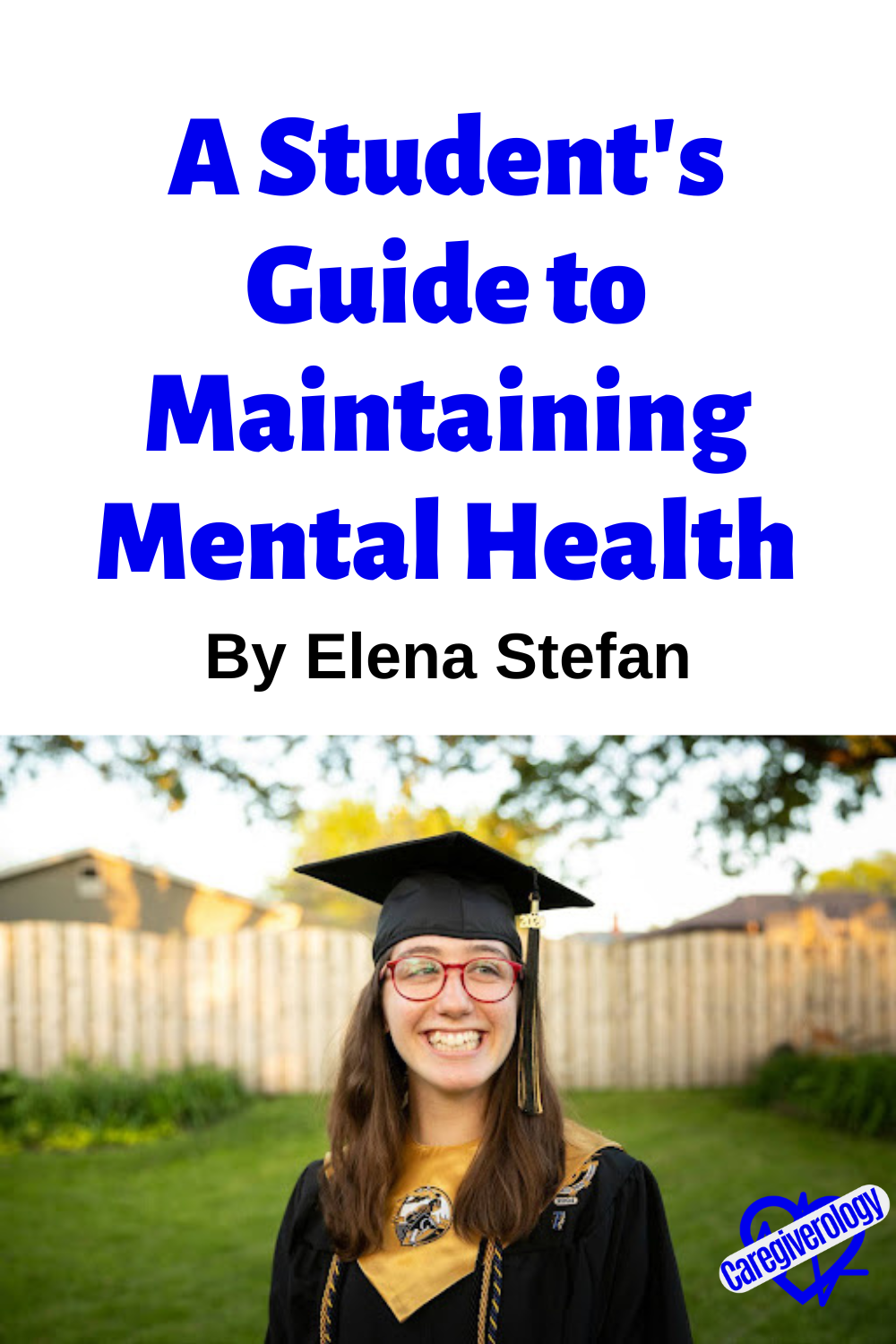A Student's Guide to Maintaining Mental Health

As a student, between your schoolwork, social life, romantic life, family commitments, part-time jobs, and hobbies, it can seem almost impossible to maintain your health and mental well-being. However, with a couple of everyday habits and keeping the right people in your life, it might just be easier than you think. Here are some ways to help maintain your mental health while you’re studying in high school or college.
Prioritize Eating and Sleeping Well
It might seem cliché, but taking care of your physical body is really a crucial step to mental well-being. If you’re not taking care of your diet, sleeping too little (or even too much), and not moving your body, you’re inevitably going to feel lethargic, sick, or sad.
Make sure you’re eating well, and that you’re receiving the vitamins and nutrition you need — remember, instant noodles are not a balanced meal, no matter how convenient they might seem at the time. Check in with your doctor for regular blood checks to make sure you’re not deficient in any vitamins (iron and B12 are two common deficiencies).
Also, make sure that you’re prioritizing your sleep schedule. Cut back on phone time before bed, try to establish a routine that you stick to, and if you know you’re getting up early the day after, try to finish your schoolwork and any other responsibilities earlier so you won’t have to stay up late for a last-minute crunch.
Make Time for Self-Care
It can seem difficult to make time for yourself with such a busy schedule, but time just for yourself is so important to a balanced and healthy life. Remember, self-care looks different for different people. For some, it might be a long soak in a bubbly bath reading a book with some music on. For others, it might be going for a 2-hour run at 5am, before the sun rises and the world wakes up. Or it might be an hour of gaming after getting home from a long day of class. Find what works for you and prioritize it in your schedule.
Stay Organized
As a student, your time is limited and constantly being pulled in different directions. Invest in a method of organization, so you can make the most of your time and meet your commitments. Some people prefer a physical diary, where they can add meetings, to-dos, and other notes for daily life. Other people prefer a digital system like Google Calendar — I even know people who sync up their calendars and invite others to events when making plans to catch up. As a student, you might also want a product more specific to student life, like Evernote, where you can keep your school notes too. If you don’t already, experiment with different systems to find what works for you.
Foster Strong Relationships
It’s important to maintain strong relationships with different people in your life, both family and friends. This holds true even if you’re planning to study far from your existing social circles — in fact, it becomes even more important. For example, someone doing an online MSW program in New York can schedule video calls, swap voice memos (podcast style), send daily snaps, or even heartbeat messages to keep in touch with their friends and family in a different state. Although it might feel like you can move on with a new group of friends when you move states for college, it’s important to maintain your existing relationships, especially with people who have been through difficult circumstances with you and will be there for you if anything serious happens.
Reach Out for Help
Finally, at the end of the day, it’s important to remember that it’s okay not to be okay. Being a student is busy, and it’s hard, and it’s not always going to be smooth sailing. If you’re really struggling with your mental health and need support, reach out for help. You can find counselors and professional mental health practitioners in all high schools and college campuses, and you’ll also be able to find student-specific support for young people by searching online in your state, whether that be in the form of a helpline, therapy, or otherwise.
Student life is fun and one of the most exciting and vibrant times of your life, but it can be tricky to juggle everything all at once. Make sure you’re staying healthy, staying on top of your responsibilities, and staying in touch with the people who matter — and remember, help will always be there for those who need it.
Thank you Elena Stefan for contributing this article.
Mental Health and Support Articles
From A Student's Guide to Maintaining Mental Health to Home
Recent Articles
-
Lifestyle Medicine Explained: Guiding You Back to Better Health
Apr 20, 25 09:51 AM
Did you know that 80% of chronic diseases—like heart disease, diabetes, and obesity—are preventable through lifestyle changes? Yet, many people rely solely on medication rather than addressing the roo… -
What to Expect During Post-Operative Recovery at Home - Caregiverology
Apr 08, 25 08:21 PM
Surgery may be over, but the journey to full recovery is just beginning, and for many people, the hardest part happens after they leave the hospital. -
How to Plan for Aging: Financial, Health, and Lifestyle Considerations
Mar 29, 25 12:40 PM
Did you know that 70% of people over 65 will need some form of long-term care? Yet, many delay planning until it’s too late. Aging is inevitable, but how we experience it depends on preparation.





New! Comments
Have something to say about what you just read? Leave a comment in the box below.